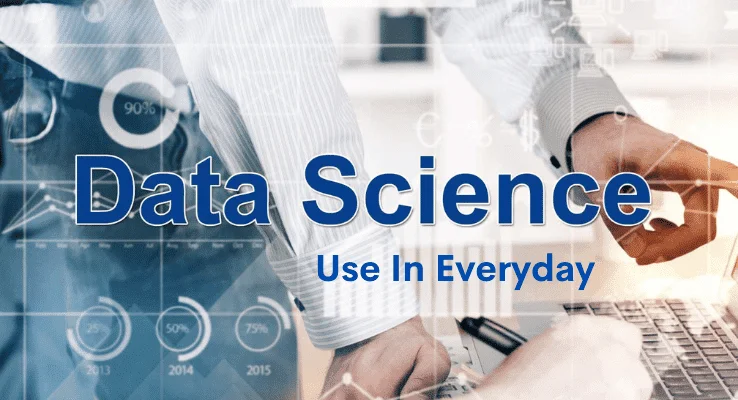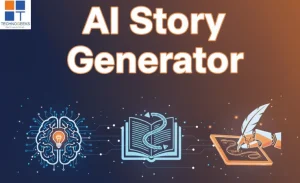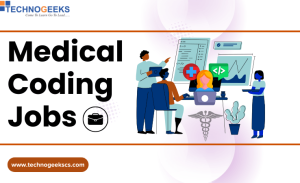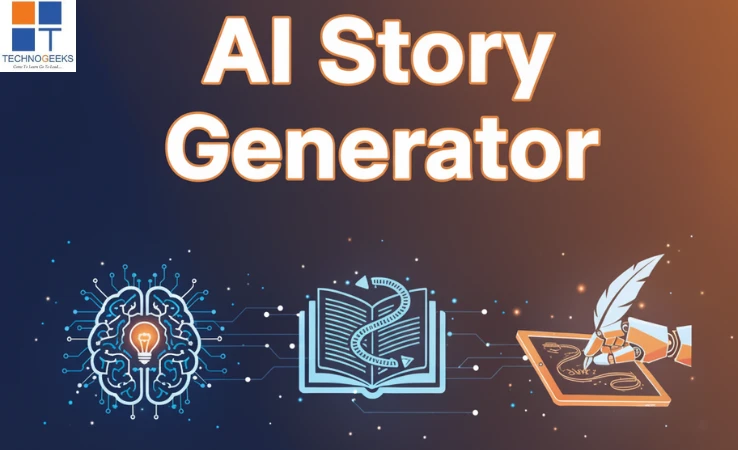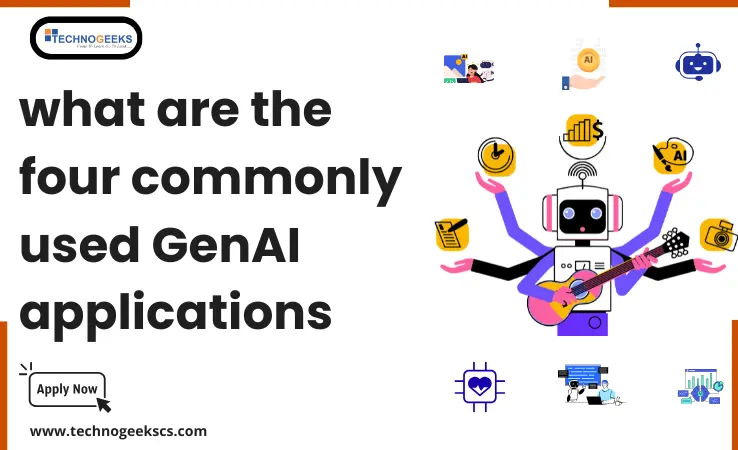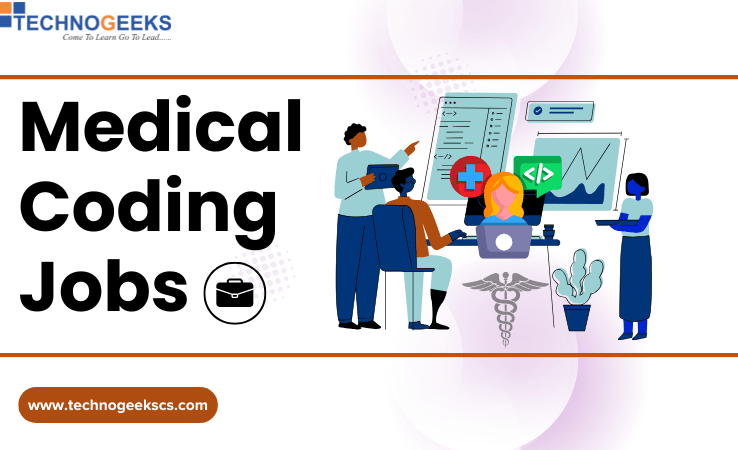Table of Contents
ToggleData Science Use In Everyday
Examples of Data Science In Everyday Life
Data science is rapidly transforming our world and deeply impacts our daily lives. From healthcare to marketing and entertainment to transportation, data science models are improving processes and making our better for good. In this blog, we’ll take a closer look at how data science is used in everyday life and how it’s changing our world for the better. Whether you’re already familiar with data science or just starting to learn about it, this blog will provide valuable insights and information that you can use to understand the impact of this rapidly evolving field. So let’s explore how data science changes the world one process at a time.
Recommendation systems
Online streaming platforms like Netflix, Spotify, Amazon Prime Videos, and Hotstar use recommendation systems powered by data science and machine learning to personalize the recommended content for each user. These systems or models analyze vast user-generated data feeds, such as a user’s viewing history, search queries, and listening habits, to provide customized recommendations. These platforms use algorithms to analyze audience data, curate playlists, suggest TV shows and movies, and recommend music that fits each user’s preferences. This personalized approach to content recommendation has become a critical component of the user experience for many online streaming platforms.
These recommendation systems have helped them attract and retain a large, loyal user base.
Search Engines
Search engines like Google, Bing, and Baidu heavily rely on data science and algorithms to provide fast and accurate results for user queries. These algorithms use various data sources and signals, such as the relevance and popularity of websites, to rank and sort search results.
The algorithms are constantly updated and improved based on user behavior and feedback to ensure that the results become more accurate and relevant over time.
Without data science, search engines would not be able to provide the speed and efficiency we expect. It is a critical element of the search engine experience and plays a major role in our daily lives.
Without search engines searching for information on a particular topic, product, or service search, or just trying to find our way around the web will be impossible. Data science makes it possible by creating data feeds these algorithms need.
Online shopping
Online shopping platforms like Amazon, Myntra, Flipkart, and many other online retailers use data science to provide a personalized shopping experience for their customers. These platforms provide relevant product recommendations and suggestions by analyzing user behavior, such as items viewed or added to carts by customers.
Data science algorithms also play a key role in supply chain management, inventory management, and pricing, helping these e-commerce sites to offer the best products at the most competitive prices. The use of data science in online shopping has improved the user experience making the shopping experience faster, easier, and more enjoyable for consumers to shop for the products they want and need. In essence, it transformed the entire retail industry.
Healthcare
Data science plays a crucial role in healthcare by helping to improve patient outcomes and advance medical knowledge. It enables the analysis of large amounts of data from various sources, such as electronic medical records (EMRs), clinical trials, and wearable devices. This data can then be used to:
- Predict disease outbreaks and spread: By analyzing large amounts of healthcare data, data scientists can predict disease outbreaks and spread and help healthcare organizations respond rapidly & effectively.
- Personalized medicine: Data science can be used to develop personalized treatment plans based on a patient’s characteristics, such as their genetic makeup, lifestyle, and medical history.
- Clinical decision support: Data science can provide doctors with real-time decision support by analyzing patient data and suggesting the best action.
- Quality improvement: Data science can help healthcare organizations identify areas for improvement by analyzing patient outcomes, resource utilization, and process efficiency.
- Drug discovery and development: Data science plays a critical role in drug discovery and development by enabling the analysis of large data from clinical trials, genetic information, and other sources.
Speech Recognition
Data science plays a crucial role in speech recognition, as machine learning algorithms require large data to learn how to transcribe speech accurately. Data science techniques are used to pre-process and clean the speech data, extract relevant features, and train machine learning models on the data.
One common approach in speech recognition is the use of Deep Neural Networks (DNNs), which can learn complex patterns in speech data and map speech to text. Another approach is to use Hidden Markov Models (HMMs), which model the probability of speech when provided with a sound sequence.
Data science also plays a role in evaluating the performance of speech recognition systems by using metrics such as word error rate (WER) and character error rate (CER). These metrics provide a way to quantify the accuracy of speech recognition systems and identify areas for improvement.
In summary, data science is an essential component of speech recognition, as it provides the tools and techniques needed to train and evaluate machine learning models and improve the accuracy of speech recognition systems.
Improved law enforcement
Police departments use data science to improve law enforcement and reduce crime by gathering and analyzing large data that can gain valuable insights into criminal activity and predict where and when crimes are likely to occur.
One of the main applications of data science in law enforcement is predictive policing, which uses statistical analysis and machine learning algorithms to identify areas with a high likelihood of criminal activity and deploy officers accordingly. This approach is effective in reducing crime rates in some areas.
Data science is also used to improve traffic safety by analyzing data from traffic cameras and sensors. This information can be used to identify areas with a high risk of accidents and implement measures to reduce traffic accidents and improve road safety.
Data science can also help improve the efficiency of police operations by optimizing patrol routes and schedules, allowing police officers to respond to emergencies more quickly and effectively.
Overall, the use of data science in law enforcement has the potential to greatly improve public safety and reduce crime, making communities safer for everyone.
Face recognition
With the advancements in data science, face recognition technology has improved significantly in recent years. Algorithms use the large image data generated by different devices and social media apps to learn what constitutes a face and how to identify individuals accurately.
One of the main applications of face recognition technology is in law enforcement, where it can be used to identify suspects and track down criminals. Face recognition algorithms can quickly scan through large criminal records databases and find matches, enabling law enforcement agencies to apprehend suspects more efficiently.
In addition, face recognition technology can also be used for security purposes, such as unlocking smartphones and accessing secure facilities. This technology has the potential to greatly improve the speed and efficiency of many processes and applications, making everyday tasks easier and more convenient.
However, it’s important to note that face recognition technology raises privacy and security concerns, as it can monitor and track individuals without their consent.
This rapid progress in face recognition created an urgency around the world to create proper measures to ensure that the technology is used ethically and responsibly.
Data Science: Transforming Industries and Society
Data science has revolutionized many industries with valuable insights into different areas of life. The rise of the Internet of Things (IoT) has generated huge amounts of data analyzed with data science to optimize devices and improve their efficiency. Data science has helped companies understand customer behavior and preferences in marketing and customer services, leading to improved customer experiences. As a result, data science is a rapidly growing field with limitless potential for innovation and growth.


